My curious self
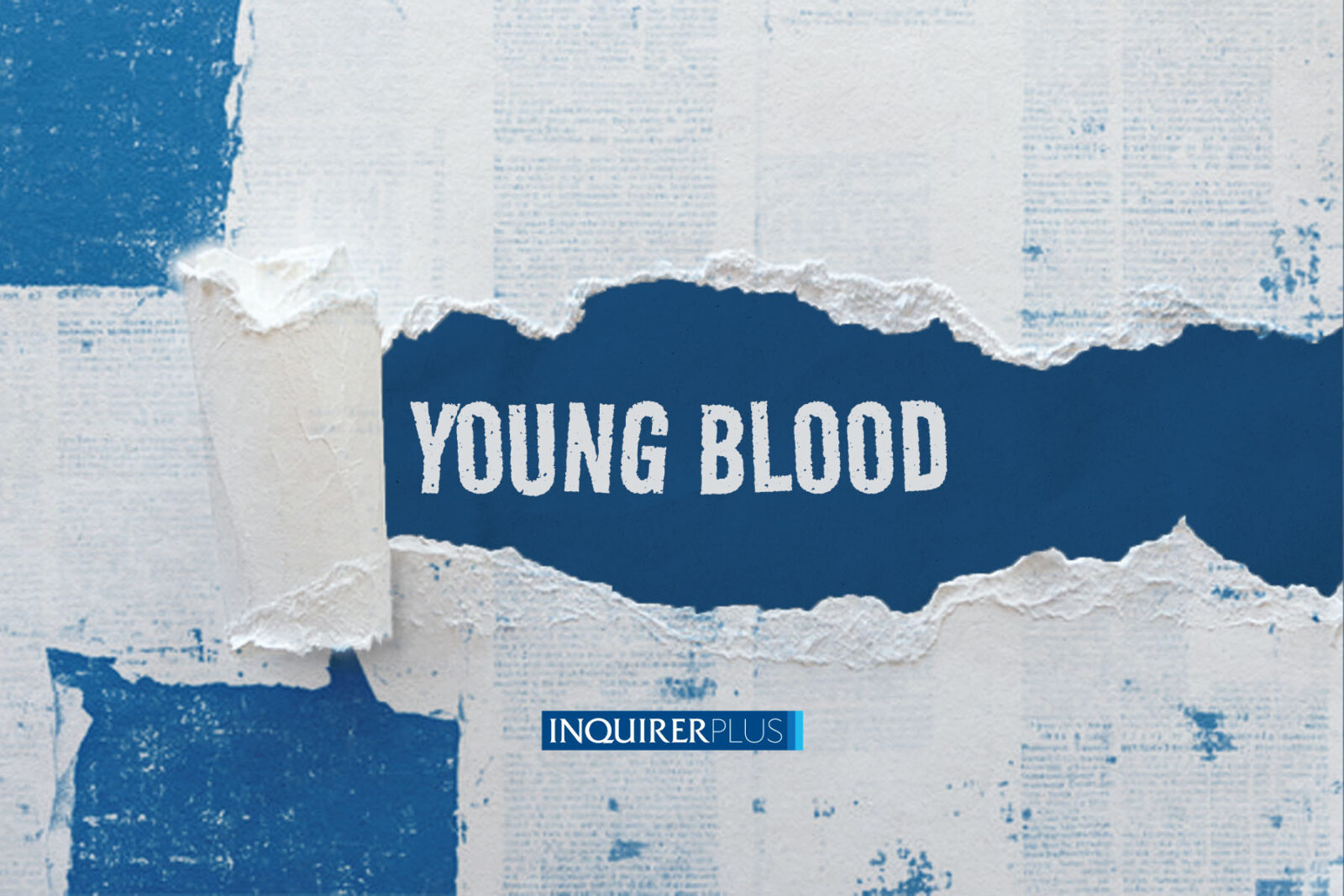
They say curiosity killed the cat. But they forget the second half of that saying—“satisfaction brought it back.”
I was 12 when I questioned why some families sleep under bridges while others drown in chandeliers. I was 13 when I wondered why every time a jeepney driver raised a placard for fare hikes, the government turns a blind eye. I was 14 when I found out what Red-tagging meant, and why being called an activist sounded more like an accusation than a compliment.
At 16, I’ve fallen in love with the part of me that asks—the part that refuses to stay quiet just because the truth is inconvenient or uncomfortable.
Curiosity is not just a childhood phase—it is the spark that lights the fire of awareness. It is the birth of resistance, the seed of every movement that dared to challenge the status quo. It’s how I went from memorizing dates in Araling Panlipunan to wondering why our history books silence some names while glorifying others. It’s how I went from coloring flags in school to understanding why some burn them in the streets, demanding justice.
While my classmates scrolled through TikTok trends and Instagram reels, I scrolled through comment sections of press conferences and State of the Nation Addresses, stunned by how easily truth becomes negotiable in a nation ruled by spin doctors and rehearsed smiles.
And still, I asked.
Why is the minimum wage not enough for a minimum life?
Why are farmers begging for land in a country that feeds the world?
Why do we idolize leaders who entertain more than they lead?
Each question was a step deeper into the rabbit hole, and each answer—or the absence of one—made me understand why silence is so dangerous. Why apathy is a poison dressed as peace. And why curiosity, though seen as a nuisance by some, is my greatest weapon.
I do not pretend to have all the answers. I am not the loudest in the room, nor the smartest. But I am present. I am listening. I am learning. And above all, I am always—always—asking.
I’ve been called “too young to understand,” “too dramatic,” “too opinionated,” as if having thoughts is a disease and youth is a disqualification. I’ve been told to enjoy my youth, to stay out of politics, to “let the adults handle it.” But what they don’t realize is that the future they keep promising to fix is the one I will be forced to live in.
I cannot afford to wait.
The world does not wait for young people to be ready. It never did. It throws us into floods, feeds us inflation, sells us broken systems wrapped in nationalism, then asks us why we’re so angry. They expect us to smile while drowning.
But I’ve learned: anger is not my enemy.
Indifference is.
So I remain curious.
I read the news, not just to mourn, but to mobilize. I write, not to impress, but to interrupt. I speak up—not for clout or recognition—but because silence is how they win. Because the moment we stop asking is the moment we start accepting.
Curiosity turned me into a student of injustice. And that kind of education, though free, came with a price: the burden of knowing. Of seeing things I can never un-see—like a child sleeping on the floor of a waiting shed, or an old man selling sampaguita beside a towering campaign poster that cost millions.
But it also gave me something priceless: hope.
Because for every lie I spot, I search harder for the truth. For every problem I uncover, I imagine a solution. For every failure of the system, I see an opportunity for rebuilding, for rising, for refusing to surrender.
I may be young, but youth is not a weakness. It is a wildfire. It spreads fast and refuses to be ignored. So I do not dim my curiosity for anyone’s comfort. I let it rage.
I will keep asking.
I will ask why vote-buying still thrives in the shadows of barangays. Why education is treated as a privilege when it should be a promise. Why justice sleeps when the victims are poor, but sprints when the guilty are powerful. Why mental health services are always “underfunded,” but propaganda machines never run out of fuel. Why students are expected to be resilient, yet never truly heard.
And I will keep asking until the answers are no longer whispered, denied, or sugarcoated. Until the truth is no longer a privilege, but a right.
So let them say I’m too young, too loud, or too curious.
Because that curiosity might just be the very thing that breaks the cycle, disrupts the silence, changes the narrative.
And I will protect that part of me—no matter how many eyes roll or doors close—because in a world built to keep people blind, the ability to question is nothing short of revolutionary.
I am a generation demanding change.
And we will not stop asking.
—————-
John Adrian Oraño Edulian, 16, is a literary and feature writer from Pagudpud, Ilocos Norte.


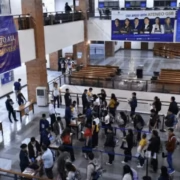

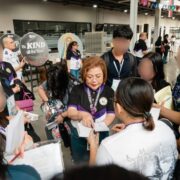
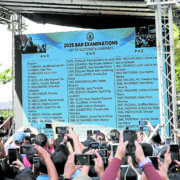




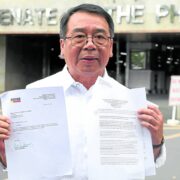
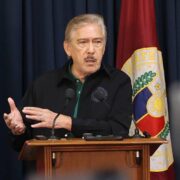

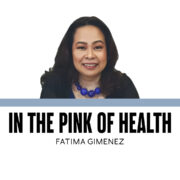



When ‘nepo babies’ flaunt wealth